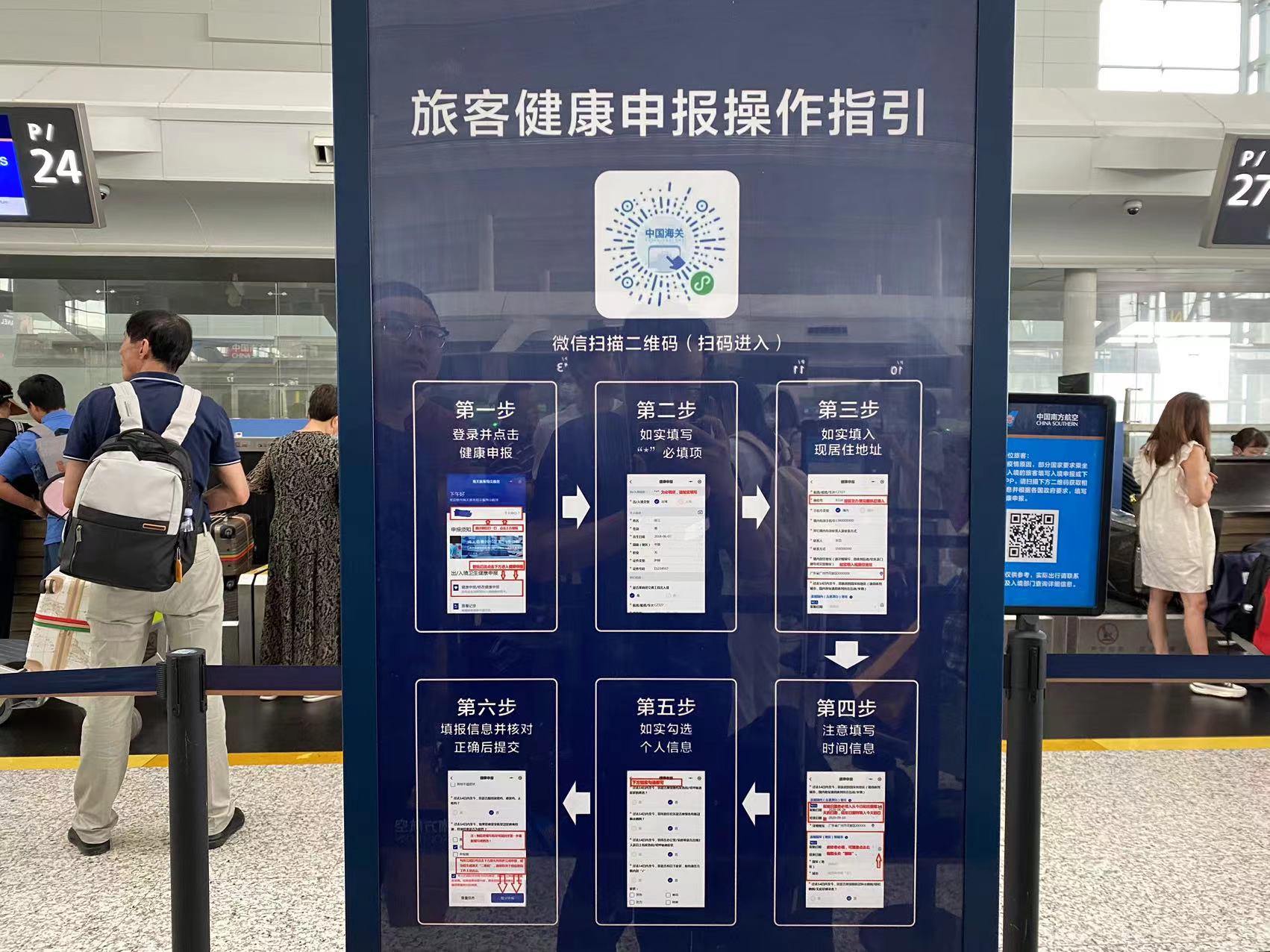The head of the United Nations World Health Organization (WHO), Dr. Tedros Adhanom Ghebreyesus, has declared an end to COVID-19 as a public health emergency. He made the announcement during a press briefing on May 5.

Social media post by Dr. Tedros Adhanom Ghebreyesus.
However, Dr. Tedros emphasized that the declaration did not mean the virus was no longer a global threat.
"While the public health emergency has ended, the pandemic is not over," Dr. Tedros said. "We still have a lot of work to do to control this virus."
According to WHO's Coronavirus Dashboard, there have been over 765 million confirmed cases of COVID-19 worldwide since the start of the pandemic, resulting in almost 7 million deaths.
The global vaccine rollout has been picking up steam, with over 13.3 billion doses administered as of April 30.
Dr. Tedros praised the progress made in developing and distributing COVID-19 vaccines, but warned that the pandemic was far from over. He urged countries to continue to follow public health guidelines, including wearing masks, social distancing, and practicing good hand hygiene.
"The end of the public health emergency does not mean the end of the pandemic," he said. "We must remain vigilant and continue to work together to beat this virus."
Dr. Tedros also stressed the importance of ensuring equitable access to vaccines for all countries and populations, including low- and middle-income countries.
"We cannot end this pandemic unless we end it everywhere at the same time," he said. "We need a global effort to ensure that every person has access to life-saving vaccines."
The end of the COVID-19 public health emergency marks a significant milestone in the fight against the pandemic.
However, as Dr. Tedros emphasized, the threat of the virus remains, and it will take ongoing global cooperation and effort to control its spread and ultimately defeat it.
[Cover image via Unsplash]






















0 User Comments